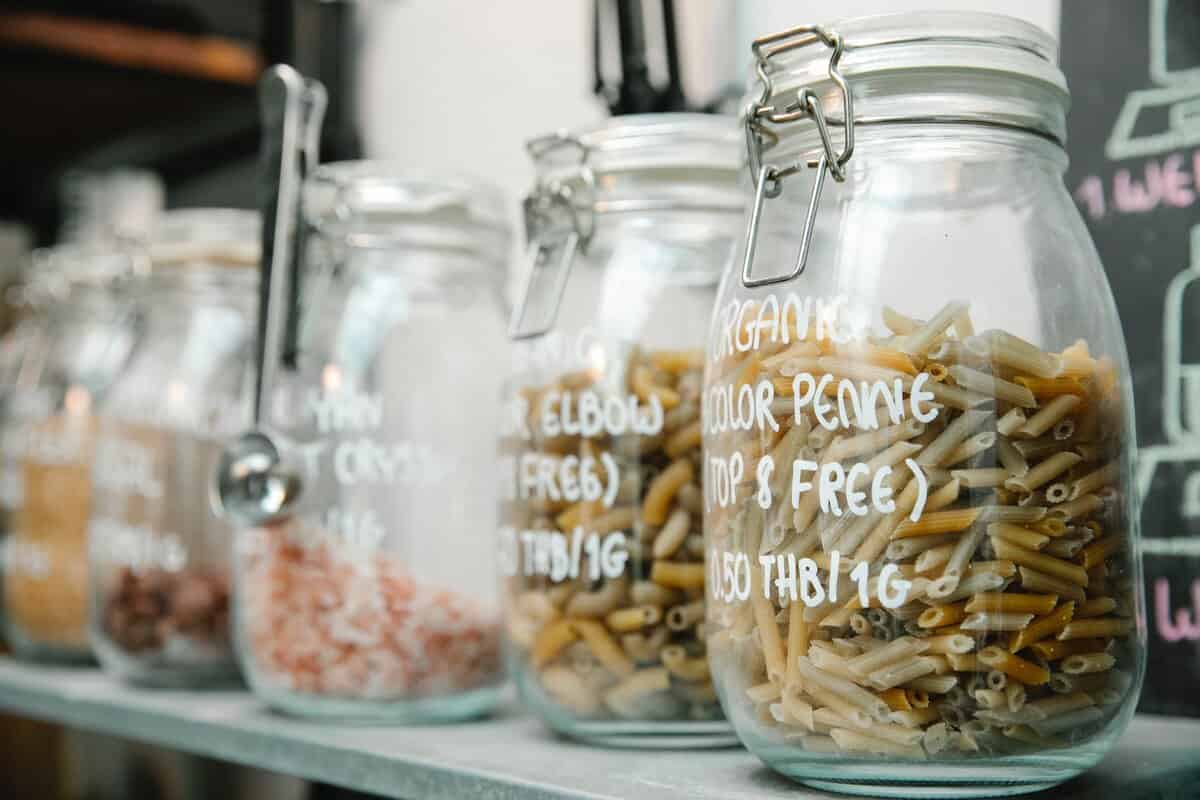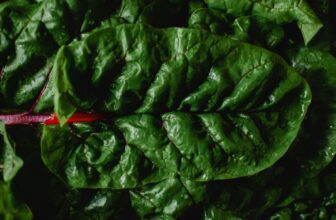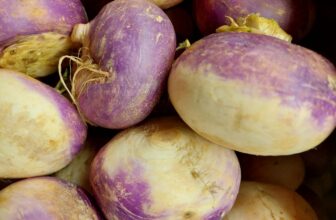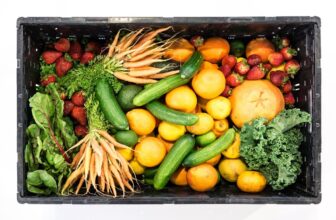
Making the best use of your available room and resources is important if you’re stockpiling food for a crisis. Let’s look at some items that you should never stockpile. It can be an excellent plan to keep food on hand in case of a crisis. However, you should be certain you are stocking the appropriate products. The lifespan of the food is the most crucial factor to take into account. Although products can frequently be used after their use-by date, it is crucial to understand how long various foods can be stored. But the choice of what to keep on your shelves should be wise. Here is our list of foods you should avoid stockpiling:
Foods you do not eat
Although it should go without saying, many consumers are lured in by sales prices on packaged foods. Even if you paid a dirt-cheap price for all those veggie cans, it doesn’t matter. If you and your family don’t regularly consume canned veggies, you probably will not do so in a time of crisis either. Both finances and priceless storage space will be wasted.
Eggs
This food, in particular, cannot be kept raw. Eggs cannot be canned or frozen, and even when they are fresh and kept in the refrigerator, they only last for approximately 30 days.
Nevertheless, because the food supplies from dried eggs are so useful, you should keep some on hand. These items employ special equipment that isn’t practical, but they nonetheless include actual eggs. That implies that you can incorporate them into dishes.
Of course, keeping chickens is usually a good idea. You will have fresh meat and eggs as a result.
Flour
White all-purpose flour can endure stockpiling for only half a year at room temperature. After that time, flour may start to smell bad, and flour weevils may start to hatch. Instead of flour, stock up on wheat for improved storage durability.
Cereals for breakfast
This food is kept in cardboard boxes, and as a result, it cannot be kept for an extended period of time. Even though breakfast cereals are frequently inexpensive, you would be better off stocking up on foods like steel-cut oats if you wanted to obtain the greatest nutritional value for your money in an emergency.
Brown rice
Brown rice only remains fresh on the food shelf for a short time due to its exceptionally high oil content. Replace it with white rice in tightly closed bags for extended storage.
Store-canned tomato products
While store-bought tomato products eventually start to leak, home-canned tomatoes can last for years. You shouldn’t strictly avoid stockpiling these, but you should use caution and rotate them regularly. If it is possible, better preserve tomatoes by home-canning.
Junk food
Biscuits and bagged potato chips take up a lot of room and don’t last as long as you may expect. Even though comfort foods like these are excellent, don’t stockpile more than you’ll consume in a few months. Save room for the food and supplies you’ll require.
General rules
It’s advisable not to keep your food goods in their store packaging. Put your items in sealed containers for long-term preservation. They will be more guarded against dampness, pests, and bugs in this way.
Look for non-perishable foods that you like to consume at a discount. It will significantly lessen your family’s stress during this difficult time.
Conducting a monthly stockpile examination is a good idea. Examine containers for any indications of humidity, temperature, bugs, or rodent damage, as well as the date of expiration. Maintaining a decent, ready-to-eat stockpile will help you save storage space and ensure that you have in stock the exact food you need. Stay safe!




